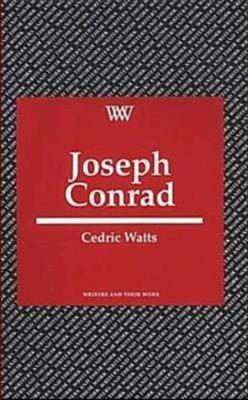Literature Insights
2 total works
Locating Conrad's work in the context of the writer's life and cultural milieu, Professor Watts's study examines the main phase in Conrad's literary development. Drawing out the distinctive thematic preoccupations and technical devices in Conrad's writing, Watts explores Conrad's importance and influence as a moral, social and political commentator. He focuses in particular on Almayer's Folly, The Nigger of the "Narcissus", Heart of Darkness, Lord Jim, Nostromo and Chance. The critical discussions address recent controversial developments in the evaluation of this magisterial, vivid, yet complex and problematic author.
The co-ordinating theme of this study is that Hardy designed Tess of the dA"Urbervilles to be controversial, and it has surpassed his design. An initial biographical chapter relates Tess to Hardy's career: the novel caused scandal but brought him wealth. Next, the work's process of composition is discussed, and differences between the censored serial and the book versions are explained. An analysis of the plot gives particular attention to its ironic strategies, and a further section deals with problematic aspects of characterisation, including the views of the narrator. Various themes and contexts are explored, notably Hardy's attitudes to religion, evolution, politics and sexuality. There follows a discussion of selected literary aspects: naturalism and realism, leitmotifs and thematic patterns, optical effects and defamiliarisation, and the use of specialised vocabularies. Hardy's descriptive powers when rendering the rural world receive particular analysis. A critical survey then summarises critical approaches to this novel between Hardy's day and the present. The work concludes with an appropriate bibliography.

